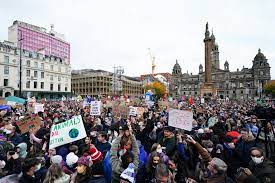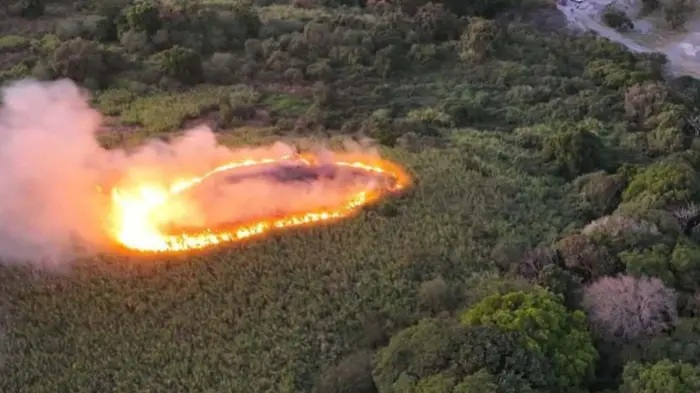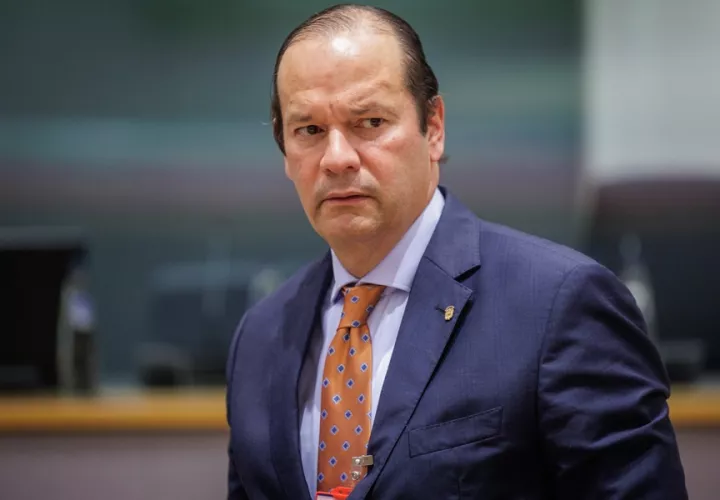ENVIRONMENT: creating o a world we can’t imagine

Governments and people in their daily routine need to take immediate action to avoid “creating a world that we cannot even imagine “
The stark warning comes from Inger Andersen director of the United Nations Environment Program (UNEP), in an interview with the Efe News Agency.
“If we do not take action, we will create a world that we cannot imagine, in the sense that we are living beyond the last limits (that the planet can support”
He was describing some of the effects that will be felt if the climate crisis is not reversed and the average temperature of the planet, which has increased 1 degree Celsius on average compared to the pre-industrial era, rises above 1.5 degrees Celsius.
“Large parts of the land will be gone” submerged under the seas by the thaws of the poles; “great parts of the earth will not be inhabited because of high temperatures”,; in many “it will not be possible to cultivate” and millions of people will be forced to migrate, if we do not advance towards a decarbonized world,
Andersen says that the latest biodiversity report reveals that of the 8.7 million animal and plant species, one million is at risk of extinction and warns that “nature is sending us messages.”
“The messages come to us in the form of fires, heatwaves, storms or floods, nature is telling us that we need to act,” he says, before insisting on the urgent need to decarbonize economies and invest in renewable energy. But also to act locally, reducing the carbon footprint, changing the habits of transport and energy use or recycling.
“Over 8 million people die prematurely every year from air pollution … We have to deal with our waste. We have to reuse, reuse and reuse, …we must ensure that we invest in nature”, in forests, in lands, in mangroves.
He also remembers the importance of the oceans as a source of food, as a fundamental part of the climate patterns and as oxygen generators:
Recognition
But beyond the catastrophic vision, Andersen recognizes that “in recent years, people have begun to see the true impact” of climate change on their lives and how it is affecting all areas.
Even political parties are seeing that the concern for the environment translates into votes.
He explains that in the recent High Level Political Forum for the Sustainable Development Goals, held at the UN July 9-18, it became clear how the concern about the climate crisis has transcended the scope of the Ministries of Environment and Social Affairs and now involves those of Foreign Affairs and Economy and, in September, the heads of State and Government.
“The facts are not a matter of faith, climate is changing due to human activity. They are scientific facts that cannot be denied,” says Andersen, in response to the position of political leaders such as US President , Donald Trump.





